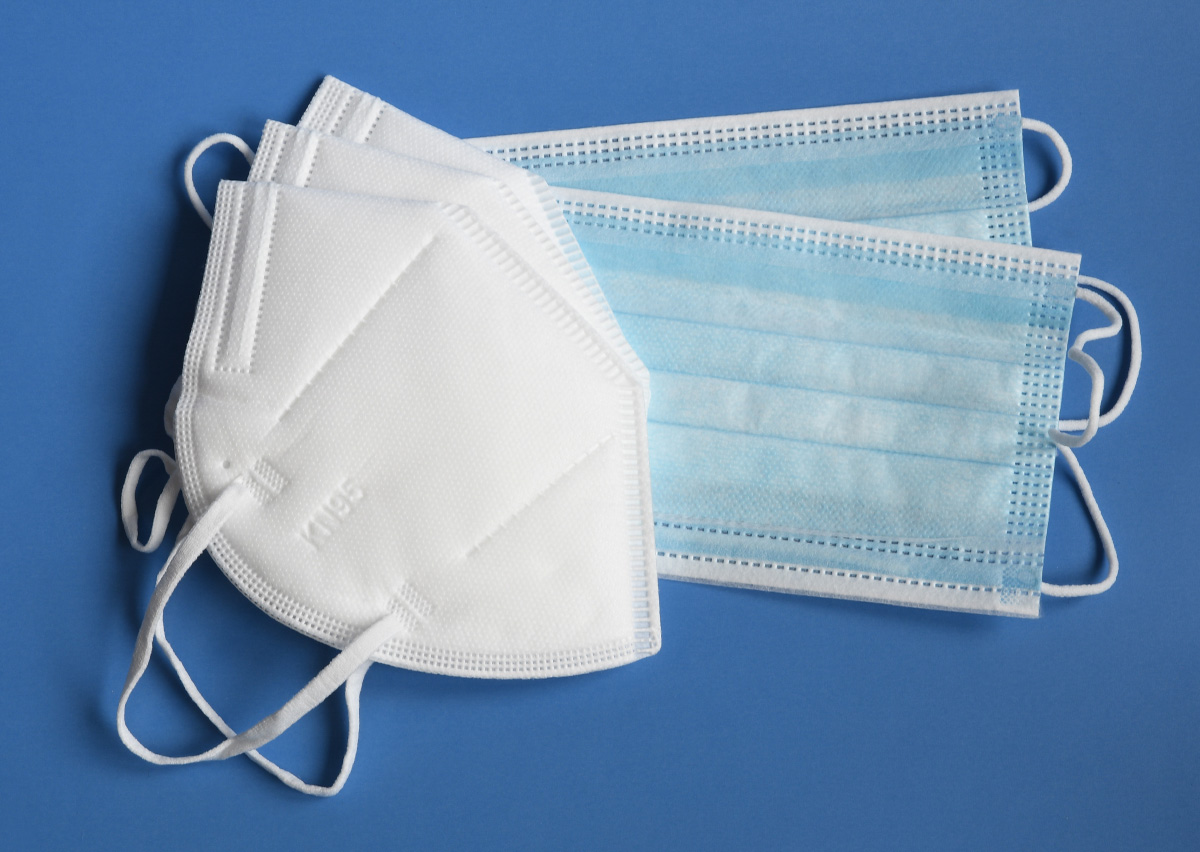We noted with great interest the study by Loeb et al., published in the December 2022 issue of Annals of Internal Medicine, as well as a helpful commentary and various reactions to the findings. In this commentary, we discuss the notion of a “non-inferiority” trial and address several concerns.
What are non-inferiority trials?
When an effective treatment is expensive or inconvenient, we might consider a reasonable alternative that is cheaper and/or more convenient. How much reduction in effectiveness is acceptable? Research studies can be designed as “non-inferiority” trials that, critically, set a numerical threshold for how much reduced effectiveness one is willing to tolerate in exchange for the known benefits of reduced cost and/or convenience. If the study can rule out the possibility of an effectiveness reduction as large as the numerical threshold, then the cheaper treatment can be deemed “non-inferior.” Ideally, the threshold is not based on one research team’s opinion, but rather on empirical data from those who would experience both the reduced benefits and better cost/harm profile. Even if data-based, the answer is a middle-of-the-road judgment with no objectively correct answer, as different people would set higher or lower thresholds.

